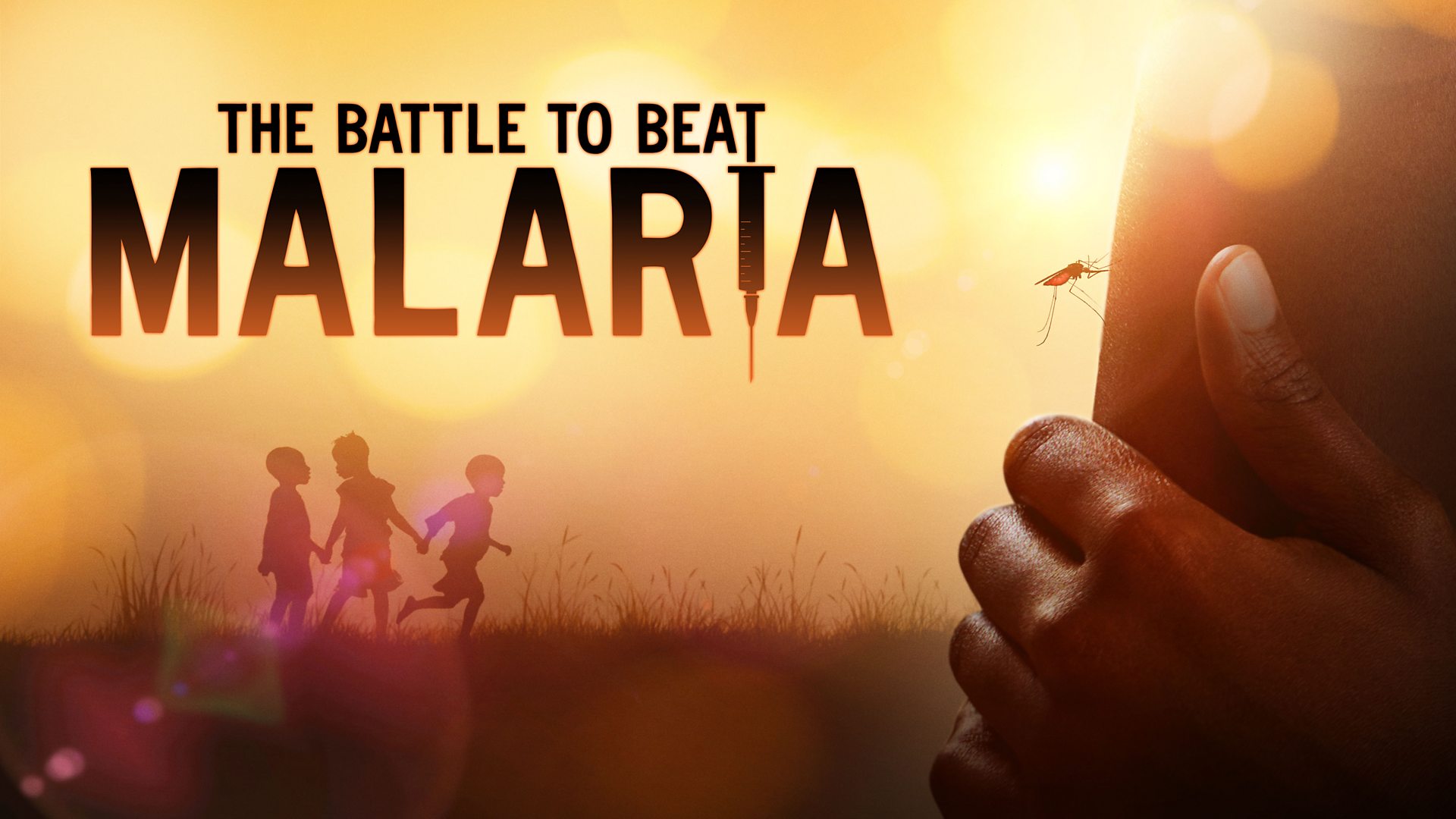Time: 2024-07-06
The first malaria vaccine received regulatory approval in 2015 but did not become part of vaccination programs in Africa until 2024 . Nurses in countries across Africa are now administering the malaria vaccine to children , a significant milestone in global health . However , this achievement also highlights the challenges in the global health system 's ability to deliver crucial tools to those who need them the most . It took decades and over a billion dollars to develop the vaccine , and only a fraction of at - risk children will receive it in the coming years . The slow progress in vaccine distribution raises concerns about future vaccines facing similar delays , impacting millions of lives.

The development of a malaria vaccine has been a complex and lengthy process . The U.S. Army initiated work on a malaria vaccine in the 1980s in collaboration with GlaxoSmithKline ( GSK ) . However , challenges arose as the military lost interest , leaving GSK with the task of finding a partner to support the vaccine 's development . Eventually , the nonprofit organization PATH and the Bill & Melinda Gates Foundation stepped in to fund clinical trials . Despite promising results , the Gates Foundation later withdrew its support , shifting focus towards disease elimination rather than investing further in the vaccine . The decision had unintended consequences , leaving the vaccine in limbo and highlighting the importance of communication and collaboration in global health initiatives.
A new Horizon documentary explores the groundbreaking work on developing a new malaria vaccine , the R21 / Matrix - M , which aims to meet the World Health Organization 's target of 75 % efficacy . This vaccine could revolutionize the fight against malaria , saving millions of lives annually . With key scientists at Oxford University leading the research efforts , the documentary provides a behind - the - scenes look at the years of dedication and commitment that have gone into creating a vaccine with the potential to transform global health . The involvement of the Serum Institute of India ( SII ) as a key partner in manufacturing and clinical trials further emphasizes the collaborative efforts needed to address global health challenges.
The journey towards developing effective malaria vaccines has been marked by challenges and setbacks , highlighting the complexities of global health initiatives . As new vaccines like the R21 / Matrix - M offer hope for improved malaria prevention , the importance of collaboration , communication , and continued investment in research and development can not be overstated . The ongoing efforts to combat malaria serve as a reminder of the collective responsibility to address global health inequalities and protect vulnerable populations from deadly diseases.